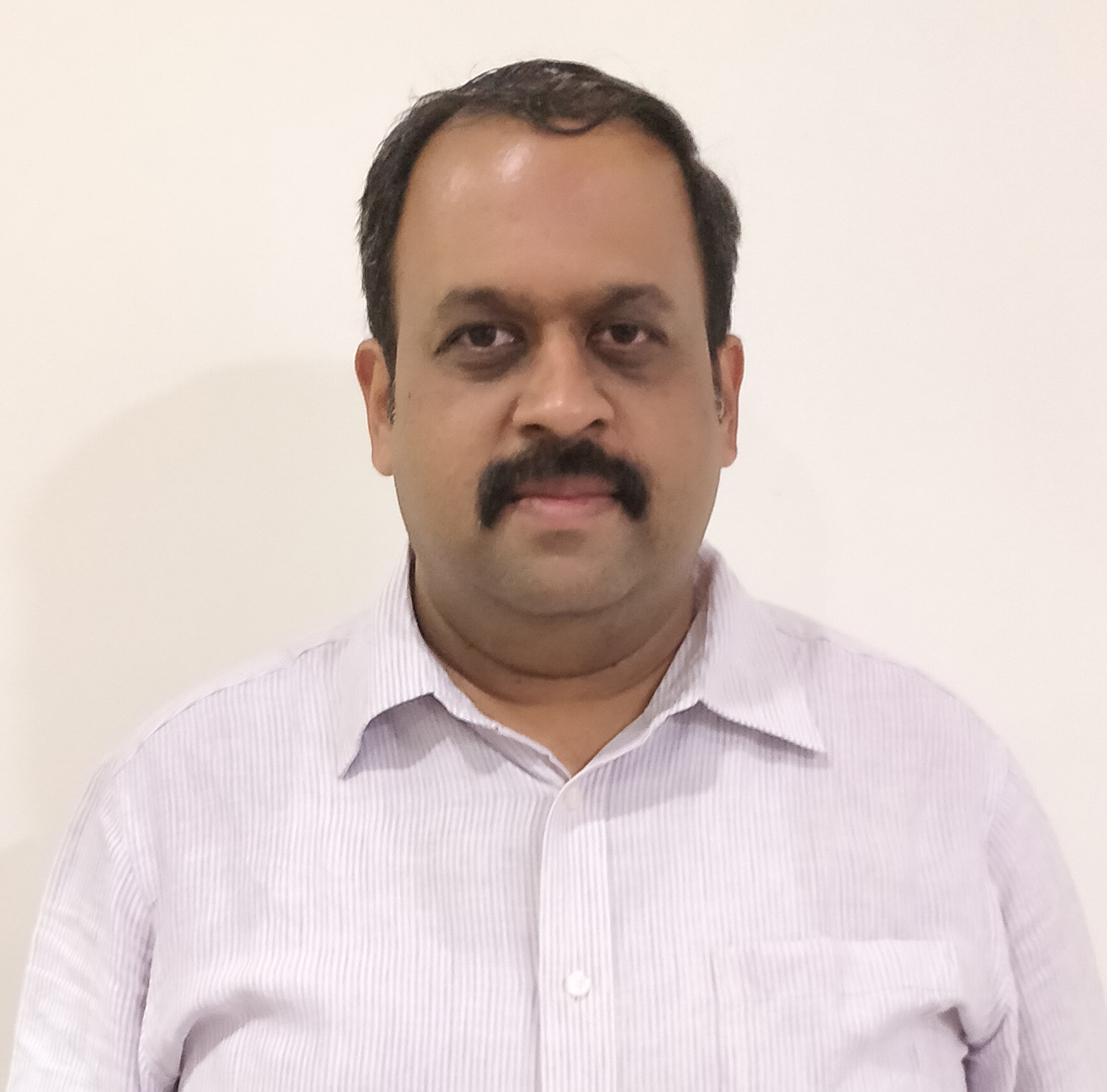SARS-COV-2 an organism invisible to the eye has brought the world to a standstill. The crisis has surely put the spotlight on Health Care Workers who have across the world demonstrated high levels of commitment and saved millions, putting their own lives at risk.
The global pandemic has impacted every ophthalmologist across our country and none of us expect to return to life as normal as we knew it. After a couple of decades specializing in eye care, we have been forced to relook at the A, B, and C.
A: Accept Reality & Change Your Approach
COVID -19 is a crisis. What this implies is that this is non-routine, important, and time-dependent.
Stephen Covey had articulated, any situation could be divided into 2 areas. There are things that worry, bother, and frustrate you. We cannot do much but could learn from this area of concern. The second is a realm we have an influence and can definitely act.
It is important to be conscious of this, in the context of COVID-19 and how we react.
This is a time where cash is no longer considered king but is critical for survival. As you look at the immediate, scale down any expansion plans you had and conserve your core. Reduce inventory, chase down those receivables, and have a candid discussion with your team on reducing fixed costs.
Remember the tortoise that was slow and steady and won; we need to temporarily forget about that, as this is a time to be fast & focussed. Build a culture of reliability and change your approach leveraging technology to the maximum.
B: Behave, the world is watching.
Non-routine events cannot rely on routines you need to be adaptive.
Your team and patients’ would know ‘what’ has happened from the saturation on this subject across mainstream and digital media, the ‘why is it happening’, and ‘what will happen to me’, are questions they crave to understand. Empathy is a skill that is critical to show you care, step into their shoes, listen to them, and explain the situation and the solutions at hand.
As SOPs change, you will find ‘nay sayers’, it is important that you remain assertive and not aggressive. Practise ‘critical thinking’, accept if you have made an error in judgment. Encourage those who are “spongeable resources”, as they are likely to adapt and accept and even offer suggestions on how you could improve.
It is also the time to question the obvious, from what your purpose is, to your approach. This can help as a compass in keeping you on the path despite the apparent turmoil around you.
C: Collaborate & Communicate as much as you can.
This is the first time in 2 decades that I see so much of knowledge sharing amongst the fraternity. Earlier we used to hold on to our practices like a cherished inheritance, we have finally realized the potential of collaboration. COVID-19 is our common enemy, to overcome this crisis, we all have to rally together.
We will never have all answers. Actively work on your personal networks – could be your school & college alumni or even social groups. I have benefited from learning about protocols as far as from Australia to Mauritius to the UK and the USA from friends. Working with members across CII-Young Indians we have managed to create cost-effective variants of PPE & masks engaging with the entire ecosystem.
Communicate, Communicate as we are all about people – our patients and our team of employees and colleagues. As in almost every crisis we have seen this far, there never is a possibility of over-communication.COVID-19 has caused a complete upheaval in our lives and the new process are likely to do the same in our hospitals.
To ensure trust and motivation, ensure a fair process is followed. This involves the engagement of team members in decisions that affect them, explain not just what they have to do but also why it is required. Finally, make sure you are clear about the expectations. Be candid about not being clear of the duration of this crisis and the need for all to make compromises.
As you try to make sense of what needs to be done, ensure you protect your health. As a leader, it is often not about the role you play, but the mind-set that you help establish. It is important for everyone to look at solutions and not just describe the problems. History has demonstrated, organizations and humanity at large have emerged stronger after every large crisis (including pandemics). We Got This!
